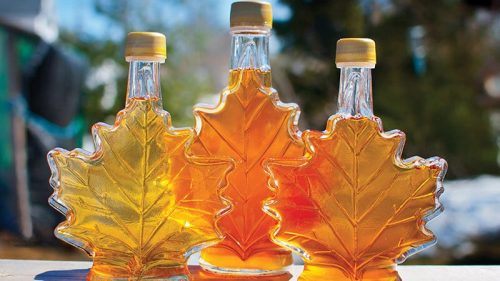The US Food and Drug Administration updated the Mycotoxins in Domestic and Imported Human Foods Compliance Program to include the monitoring of additional mycotoxins of regulatory interest in human foods, specifically T-2/HT-2 toxins and zearalenone. The updated compliance program also reflects the transition by FDA regulatory laboratories to a multi-mycotoxin method for analysis in human foods, which will allow the agency to obtain results for multiple mycotoxins in a single sample analysis. The new data gained by the compliance program update will support enforcement actions, risk assessments, and international activities, as well as provide information on mycotoxin incidence, extent of contamination, and co-occurrence. These changes do not affect the FDA’s surveillance of mycotoxins in animal food.
T-2/HT-2 toxins are mycotoxins produced by Fusarium molds. These toxins are found in contaminated grains, such as wheat, rye, oat, and barley. Contamination generally occurs when these foods are not stored and/or dried properly. If T-2 and HT-2 are found in foods, they may cause human health issues such as high fever, gastrointestinal problems, and hemorrhage.
Zearalenone is a mycotoxin also produced by Fusarium molds. It has been found in contaminated grains, such as corn, oats, wheat, sorghum, and rice. Contamination generally occurs when these foods are not stored and/or dried properly. If zearalenone is found in food, it may cause reproductive issues in humans.
The updated Mycotoxins in Domestic and Imported Human Foods Compliance Program and information on mycotoxins, including how the FDA monitors them in foods, can be found at https://www.fda.gov/food/natural-toxins-food/mycotoxins. For more information about the FDA Center for Veterinary Medicine’s oversight of mycotoxins in animal food, visit Chemical Contaminants in Animal Food.





